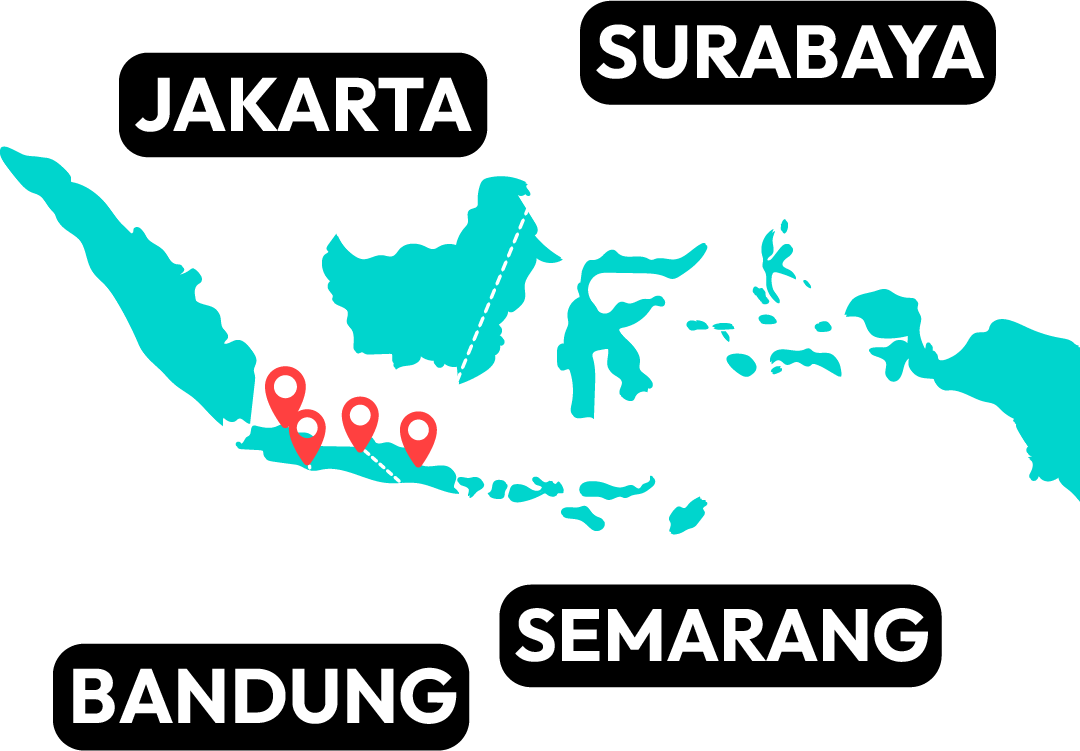In the fast-paced and ever-changing modern era, the concept of sustainability has emerged as a crucial component of our collective efforts to safeguard the planet for future generations. With mounting environmental challenges and the realization of the finite nature of our natural resources, sustainable practices have become a necessity rather than a choice.


One of the primary focuses of sustainability in the modern era is environmental stewardship. Climate change, deforestation, pollution, and the loss of biodiversity are pressing issues that demand immediate attention. Businesses, governments, and individuals alike are embracing environmentally responsible practices to mitigate the impact of human activities on the planet. From adopting renewable energy sources to promoting wildlife conservation, efforts are being made to preserve ecosystems and reduce the carbon footprint.

In the pursuit of sustainability, the transition from fossil fuels to renewable energy sources has gained momentum. Solar, wind, hydropower, and geothermal energy are being harnessed on a larger scale, reducing greenhouse gas emissions and decreasing reliance on finite resources. Technological advancements and supportive policies are facilitating the expansion of clean energy infrastructure, making it increasingly feasible for communities and industries to adopt eco-friendly power solutions.



In the modern era, the linear "take-make-dispose" model of production is giving way to the circular economy concept. The circular economy aims to minimize waste and maximize resource efficiency by promoting the reuse, repair, and recycling of products and materials. Designing products with a focus on longevity and recyclability is becoming a norm, encouraging responsible consumption and reducing the burden on landfills.

Agriculture plays a crucial role in sustainability, as it directly impacts food security and environmental health. Modern farming practices have often led to deforestation, soil degradation, and excessive use of chemical inputs. However, the rise of sustainable agriculture practices, such as organic farming, permaculture, and agroforestry, offers hope for more environmentally friendly food production. Local food systems and reduced food waste are also gaining traction, promoting a more sustainable approach to feeding the global population.

At our company, we are driven by the mission to utilize our industrial printing expertise and reliable solutions to contribute to a sustainable world by reducing waste for manufacturers.
We aim to accomplish this while also empowering manufacturers to attract, inform, and protect consumers effectively. Through our commModul Tahunanent to innovation and environmental consciousness, we strive to make a positive impact on both the industry and the global community.


Ikuti Kami
Disclaimer:
This website is the property of the subsidiary of Gressler for the Indonesian region: PT. Mulia Mesin Industri. The company reserves the right to add, modify, or remove materials from the website at any time. Additionally, it may revise these terms without prior notification. Therefore, we advise you to periodically visit this page to review the current terms. Please note that this is not an offer, an invitation to offer, and/or a commitment of any nature.
The images on this website include artistic impressions and stock images. The designs, dimensions, cost, facilities, plans, images, specifications, accessories, items, electronic goods, specifications, shades, and other details shown in the images are indicative only.
They are for the purpose of illustrating/indicating a possible product and do not form part of the standard specifications/services to be provided in the machine or consumable. Recipients are advised to use their discretion in relying on the information provided. All specifications of the machine and consumable shall be as per the final agreement between the parties.
Privacy Policy: (Include the specific details of your privacy policy, covering areas such as data collection, storage, usage, and disclosure practices. Ensure that your privacy policy is compliant with relevant data protection laws.)